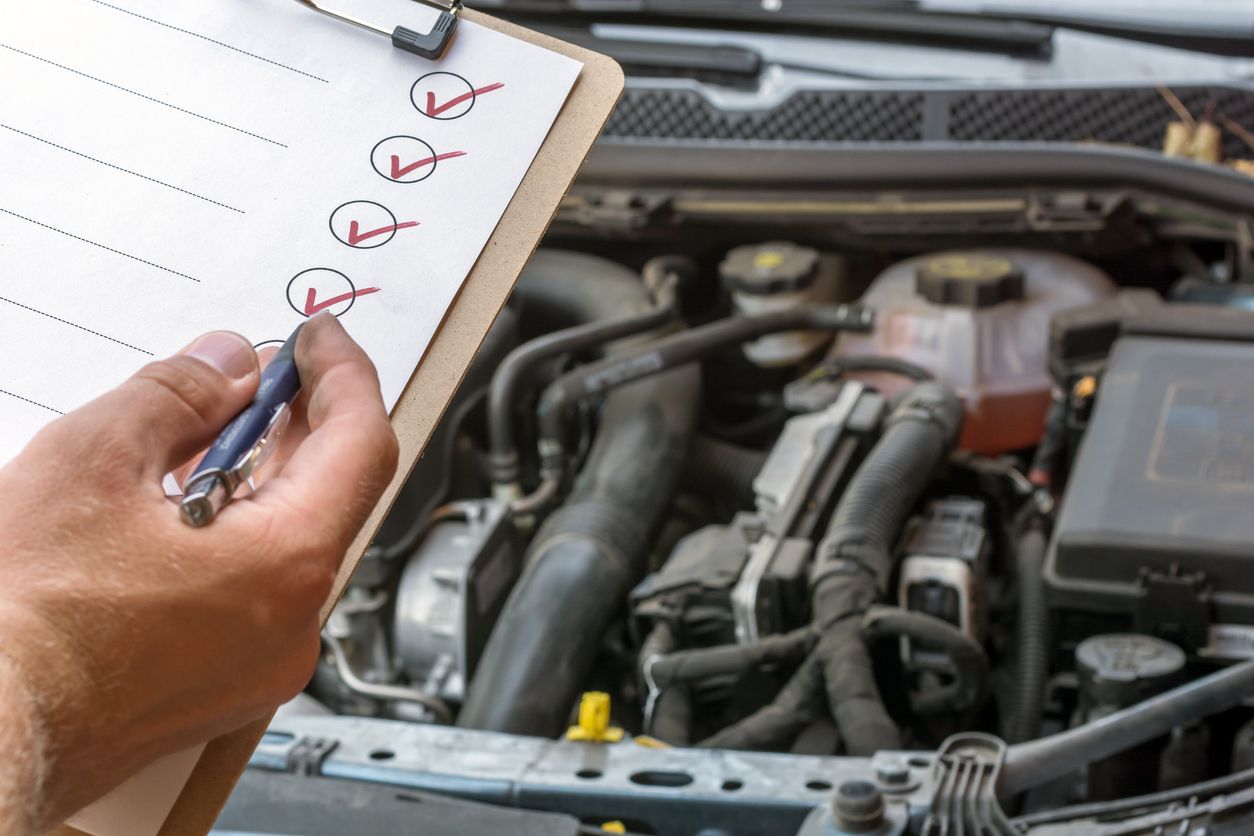All Categories
Featured
Unexpected car fixings can disrupt your finances, making automotive repair work insurance coverage an appealing option for many drivers. Whether you're a brand-new car proprietor or taking care of an older lorry, understanding the details of automotive fixing insurance coverage and insurance coverage is important for making educated decisions.
What Is Automotive Repair Work Insurance Coverage?
Automotive fixing insurance, frequently called mechanical breakdown insurance coverage (MBI), is a plan developed to cover the costs of fixing or replacing car parts after a break down. Unlike typical vehicle insurance, which addresses accident-related problems, fixing insurance coverage concentrates on mechanical problems unrelated to crashes.
What Does It Cover?
The specific coverage varies relying on the insurer and the plan you choose. Generally, fixing insurance coverage covers:
Engine Repairs: Including parts like the timing belt, pistons, and cyndrical tube heads.
Transmission Fixes: Covering the gearbox and related parts.
Electric System: Addressing issues with alternators, beginners, and onboard computer system systems.
Air Conditioning and Home Heating Equipments: Such as radiators, thermostats, and air conditioning systems.
![]()
Steering and Suspension: Including shocks, struts, and power guiding devices.
Nonetheless, plans commonly exclude routine upkeep, wear-and-tear things like brake tires or pads, and cosmetic damages.
![]()
That Needs Automotive Repair Service Insurance Coverage?
While repair service insurance isn't required, it can be useful for:
Proprietors of Older Autos: If your car runs out service warranty, repair service insurance policy can give satisfaction versus expensive break downs.
Frequent Travelers: High-mileage vehicle drivers are most likely to experience mechanical problems, making coverage a worthwhile investment.
Chauffeurs of Expensive Designs: Luxury or specialty automobiles frequently have higher repair service expenses, which can be minimized by insurance policy.
Trick Advantages
Financial Security: Aids avoid huge, unexpected repair bills.
Adaptability: Plans can be tailored to cover particular elements or systems.
Comfort: Decreases stress and anxiety concerning prospective break downs.
Considerations Prior To Investing In
Prior to dedicating to a vehicle repair service insurance plan, think about these aspects:
Policy Conditions: Review what is and isn't covered to stay clear of shocks during an insurance claim.
Deductibles: Understand the out-of-pocket costs you'll need to pay prior to protection kicks in.
![]()
Repair Work Shop Options: Some insurance providers need you to use details repair service facilities, which might be inconvenient.
Premium Expenses: Consider the annual expense of the plan versus the probability of needing significant repair work.
Existing Guarantee: Examine if your car's manufacturer or dealership service warranty currently offers sufficient protection.
Last Thoughts
Automotive repair work insurance policy can be an important protect, particularly for motorists concerned concerning the high costs of unforeseen repair services. By carefully reviewing plan choices and straightening them with your driving practices and vehicle requirements, you can make a decision if this insurance coverage is best for you. For included protection, always keep regular lorry maintenance to reduce malfunction risks and optimize your insurance advantages.
What Is Automotive Repair Work Insurance Coverage?
Automotive fixing insurance, frequently called mechanical breakdown insurance coverage (MBI), is a plan developed to cover the costs of fixing or replacing car parts after a break down. Unlike typical vehicle insurance, which addresses accident-related problems, fixing insurance coverage concentrates on mechanical problems unrelated to crashes.
What Does It Cover?
The specific coverage varies relying on the insurer and the plan you choose. Generally, fixing insurance coverage covers:
Engine Repairs: Including parts like the timing belt, pistons, and cyndrical tube heads.
Transmission Fixes: Covering the gearbox and related parts.
Electric System: Addressing issues with alternators, beginners, and onboard computer system systems.
Air Conditioning and Home Heating Equipments: Such as radiators, thermostats, and air conditioning systems.
Steering and Suspension: Including shocks, struts, and power guiding devices.
Nonetheless, plans commonly exclude routine upkeep, wear-and-tear things like brake tires or pads, and cosmetic damages.

That Needs Automotive Repair Service Insurance Coverage?
While repair service insurance isn't required, it can be useful for:
Proprietors of Older Autos: If your car runs out service warranty, repair service insurance policy can give satisfaction versus expensive break downs.
Frequent Travelers: High-mileage vehicle drivers are most likely to experience mechanical problems, making coverage a worthwhile investment.
Chauffeurs of Expensive Designs: Luxury or specialty automobiles frequently have higher repair service expenses, which can be minimized by insurance policy.
Trick Advantages
Financial Security: Aids avoid huge, unexpected repair bills.
Adaptability: Plans can be tailored to cover particular elements or systems.
Comfort: Decreases stress and anxiety concerning prospective break downs.
Considerations Prior To Investing In
Prior to dedicating to a vehicle repair service insurance plan, think about these aspects:
Policy Conditions: Review what is and isn't covered to stay clear of shocks during an insurance claim.
Deductibles: Understand the out-of-pocket costs you'll need to pay prior to protection kicks in.

Repair Work Shop Options: Some insurance providers need you to use details repair service facilities, which might be inconvenient.
Premium Expenses: Consider the annual expense of the plan versus the probability of needing significant repair work.
Existing Guarantee: Examine if your car's manufacturer or dealership service warranty currently offers sufficient protection.
Last Thoughts
Automotive repair work insurance policy can be an important protect, particularly for motorists concerned concerning the high costs of unforeseen repair services. By carefully reviewing plan choices and straightening them with your driving practices and vehicle requirements, you can make a decision if this insurance coverage is best for you. For included protection, always keep regular lorry maintenance to reduce malfunction risks and optimize your insurance advantages.
Latest Posts
Recognizing Roof Warranties: What Homeowners Must Know
Published May 23, 25
1 min read
Explore Cut Costs on Car Maintenance with Montclare Auto Repair’s Exclusive Deals
Published May 21, 25
1 min read
Selecting the Right Roofing System Shade: Influence On Power Efficiency
Published May 19, 25
1 min read
More
Latest Posts
Recognizing Roof Warranties: What Homeowners Must Know
Published May 23, 25
1 min read
Explore Cut Costs on Car Maintenance with Montclare Auto Repair’s Exclusive Deals
Published May 21, 25
1 min read
Selecting the Right Roofing System Shade: Influence On Power Efficiency
Published May 19, 25
1 min read